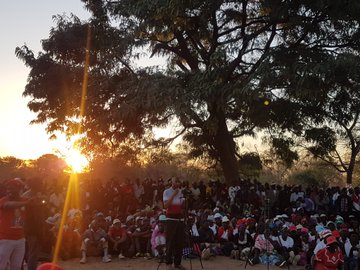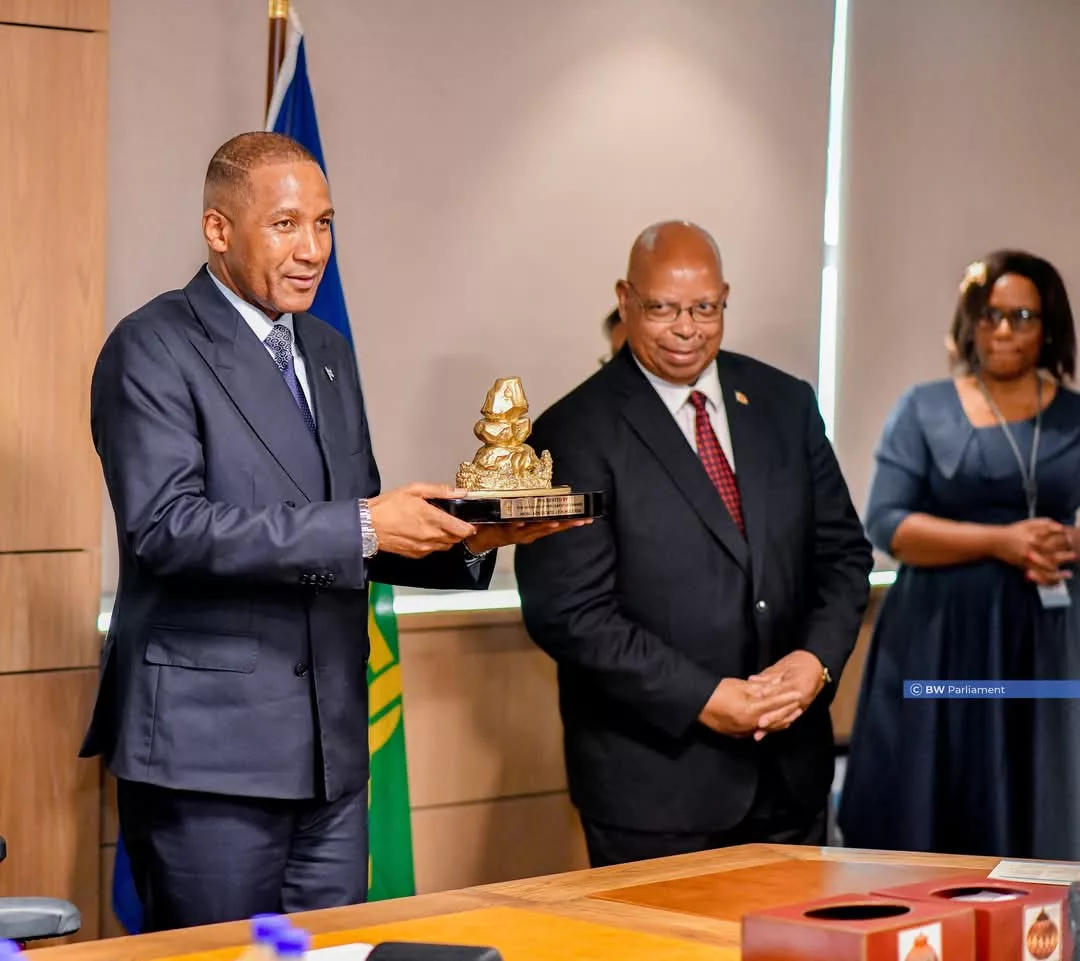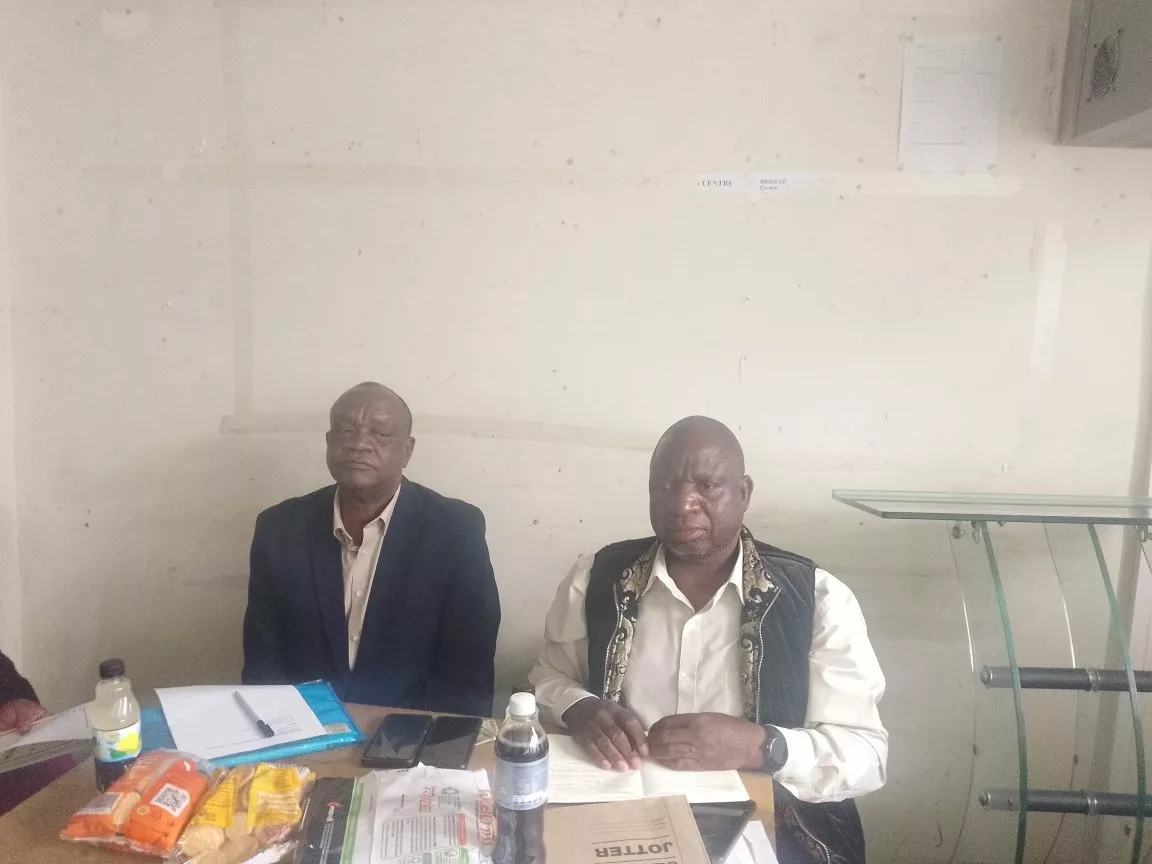By Farai Chirimumimba
For four months, one seat in National Assembly has sat empty. Three more have been vacant for the past month. That the seats are empty in the first place was an affront of nature. The previous incumbents, elected only in 2018, died less than a year in office.
The first seat fell vacant following the death of Zanu PF’s Sithembile Gumbo on April 15 followed by the passing on of Glen View South member of House of Assembly Vimbai Tsvangirai, MDC-Alliance (otherwise known as MDC) on 10 June. A week later the death of Mangwe legislator Cde Obedingwa Mguni (Zanu-PF) was to follow on 18 June.
Hardly a week later Zanu PF Member of Parliament (MP) for Zaka East constituency, Caston Gumbwanda also died on 25 June.
This brings down the number of members in the National Assembly from 270 to 266 with ZANU-PF previously at 180 seats (which was exactly two thirds majority), after losing three members now on 177 , MDC Alliance was at 87 now at 86 members and MDC-T (Khupe) has one seat whilst NPF also has one representative and there is one Independent member in the august house.
In a country divided, with disappointed voters and a history of flawed polls everything is in play in the prized National Assembly ahead of the Lupane East (Matebeland North) by-election. The nine who will contest in the election are Cde Mbongeni Dube (Zanu-PF), Morgen Ndlovu (Labour Economists and African Democrats Party), Given Ncube (MDC-T), Dalumuzi Khumalo (MDC-Alliance), Nelson Mkandla (National Action Party), Andrew Tshaba (Mthwakazi Republic Party), Njabulo Sibanda (National Patriotic Front), Gezekile Mkhwebu (Zapu) and Alice Sibanda (National Constitutional Assembly).
President Emmerson Mnangagwa proclaimed August 3 as the date for the by-election as well as council polls for Nkayi Rural District Council (RDC) Ward 23 and Bubi RDC Ward 22. The two council seats fell vacant following the death of incumbent councillors.
On September 7, two more by-elections will be held in Mangwe constituency (Matebeland South) and Glen View South (Harare), as ZANU-PF tries to cling to its two-thirds majority. An unexpectedly loss will deprive them of much of their legislative clout.
ZANU PF’s total of 177 seats at the moment is exactly two-thirds of the National Assembly’s total membership. This gives it exactly the minimum number of votes needed to get a constitutional amendment through the National Assembly in terms of section 328(5) of the Constitution [“the affirmative votes of two-thirds of the membership”].
What this means is that if the Constitutional amendment is to be tabled before parliament today; ZANU-PF has enough votes provided there is no non-attendance by a single member. Otherwise, in such a scenario they will need at least one vote from either MDC-T’s Priscilla Misihairambwi-Mushonga or NPF’s Masango Matambanadzo or independent Temba Mliswa to effect an amendment.
What does this mean? In politics, nothing is free. What the MDC-T or NPF or Temba Mliswa receives in return for the key vote will be interesting.
We are however, too occupied with the political bickering and consumed with need to put food on the table to notice. Yet exploring what would happen should this improbable event come to pass is still worthwhile for the questions it raises about the precarious balance of power and politics in the Zimbabwe.
If ZANU-PF is to retain its three seats whilst MDC-Alliance retain the Glen View South Constituency; the situation will remain the same. ZANU-PF will continue to enjoy two-thirds majority by one seat.
The path to the imminent Lupane East, Mangwe, Glen View South and Zaka East by-elections is a thriller in the making for two reasons: Firstly ZANU-PF need to maintain a two-thirds majority in the National Assembly, a majority it badly needs to be able to make sweeping constitutional amendments it has been proposing in recent months.
Finally, MDC Alliance doesn’t want ZANU-PF to have a two-thirds majority in the National Assembly for bargaining purposes.Remember, in late 2016, ZANU-PF bulldozed its way out of the Constitutional Amendment (Number 1) Bill debate simply because it had the requisite two-thirds majority.
The four key by-elections are in three traditional ZANU-PF bases, the results of which will demonstrate where ZANU-PF stands with the electorate. Party bosses are worried that the party may lose one constituencies. Vote buying and rigging machinery is already in motion. For instance, there is a letter circulating on social media where minister of health and child care agrees to supply medicines to Lupane-East ahead of the by-election. It will be a fallacy for Lupane East electorate to be fooled with a month supply of medicines.
Ironically, the biggest advantage for MDC-Alliance and other opposition parties in the battle to eat away ZANU-PF’s two-thirds majority is this placid mirage of apathy, anger seethed over the regime’s abuses, rising food prices, and high unemployment; that it could very well miss the ample opportunities being presented to it at a constituency level, that could turn opposition’s dwindling electoral fortunes around.
In the Senate (Upper House), ZANU-PF has 35 seats out of 80, far below two-thirds majority at 54 seats. However, with the 18 Chiefs and two Senators who represent persons with disabilities they will easily reach the two-thirds again, if there is no absenteeism or dissent as the case maybe.






